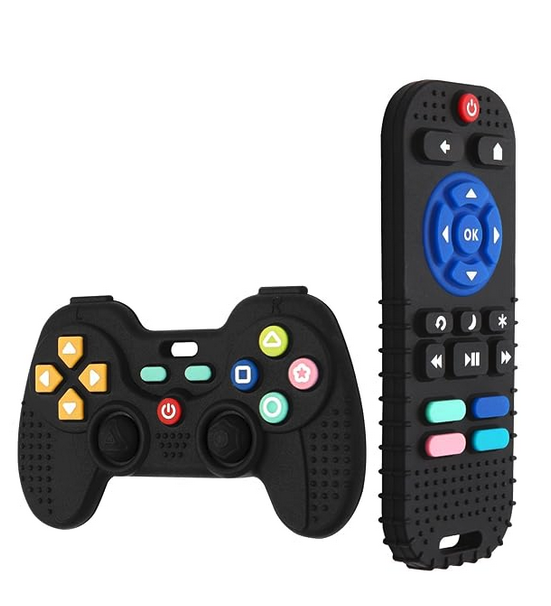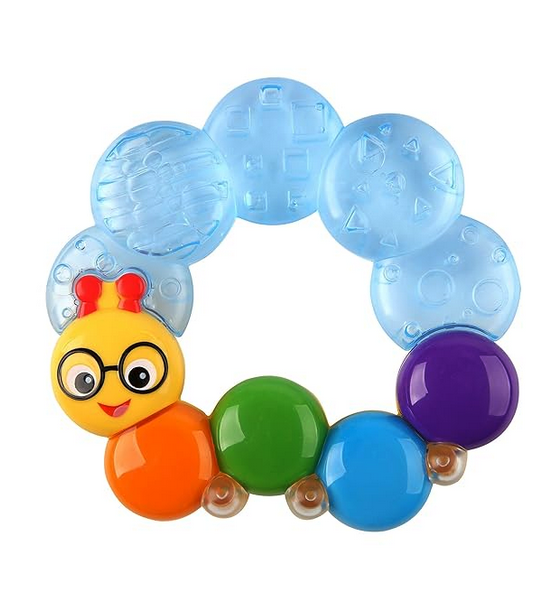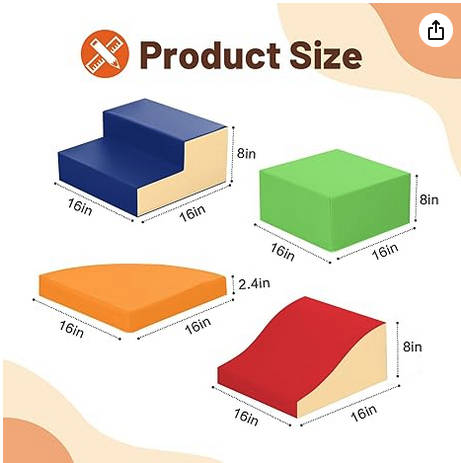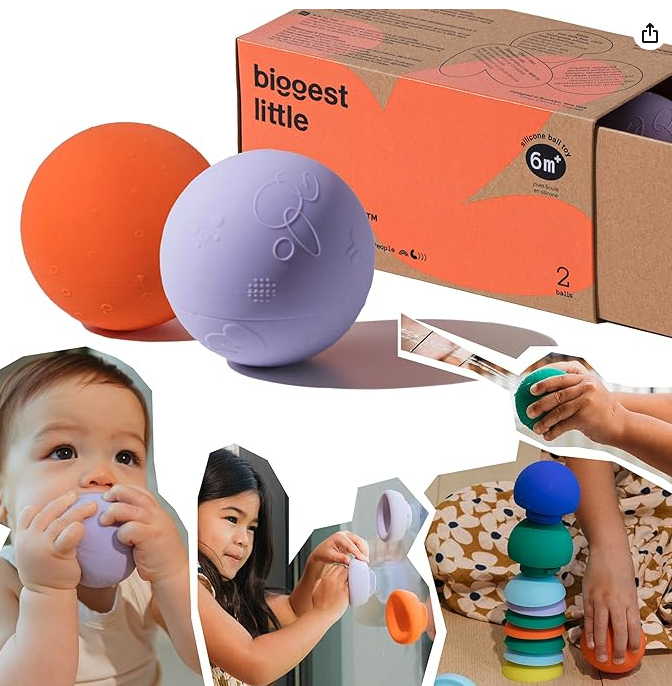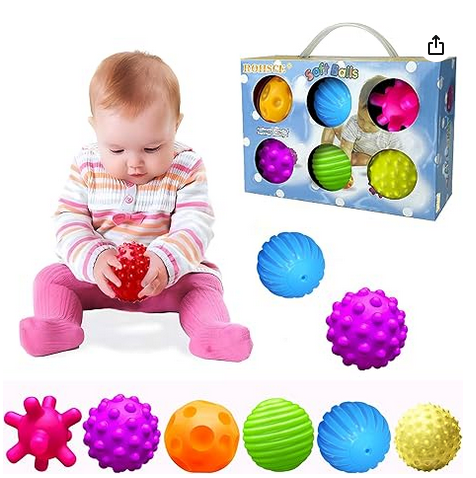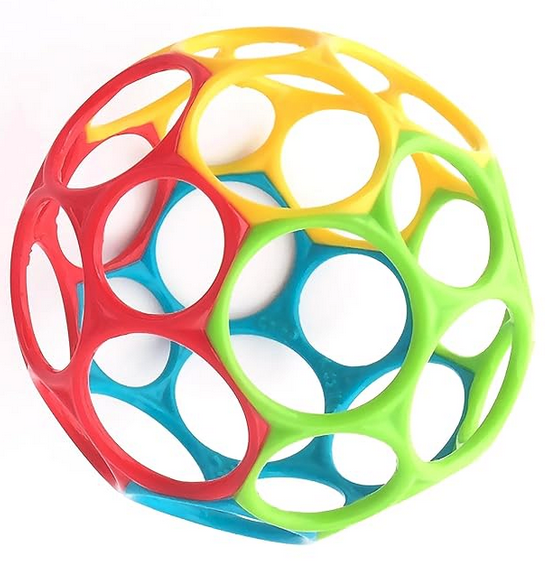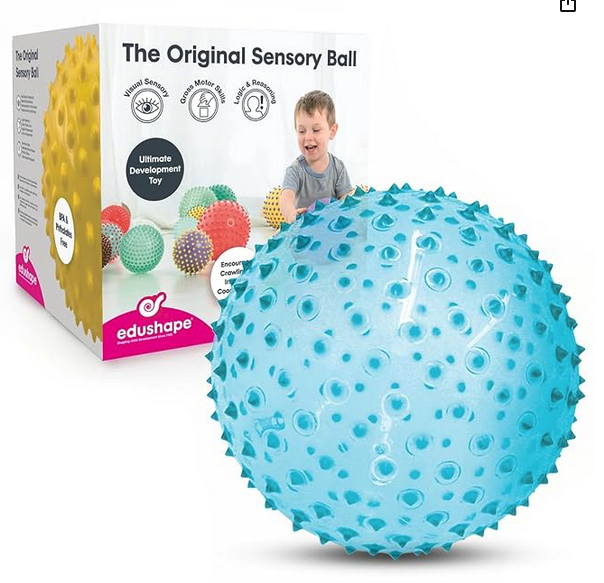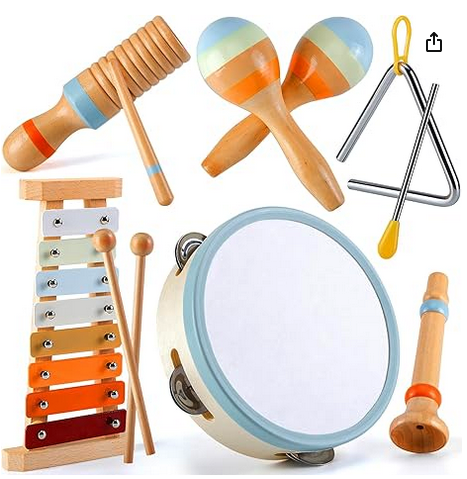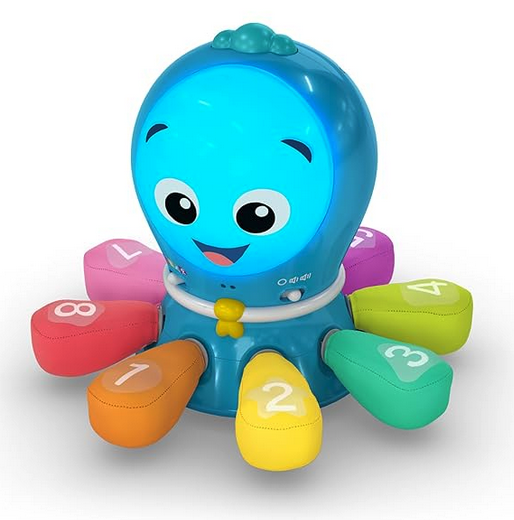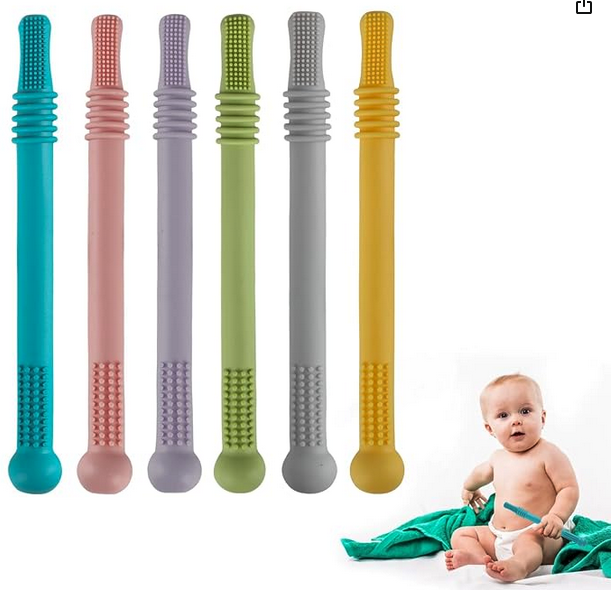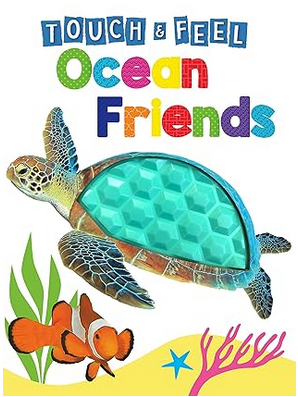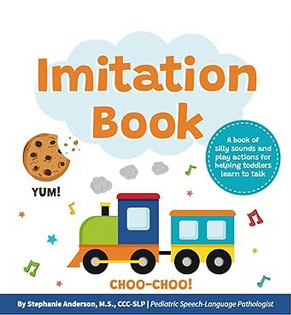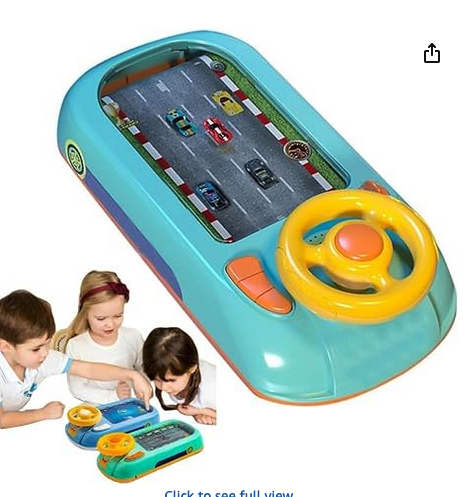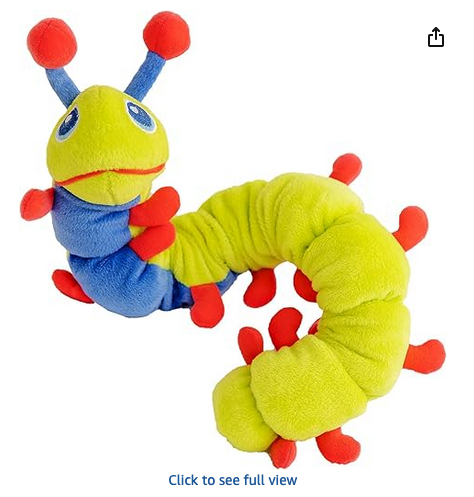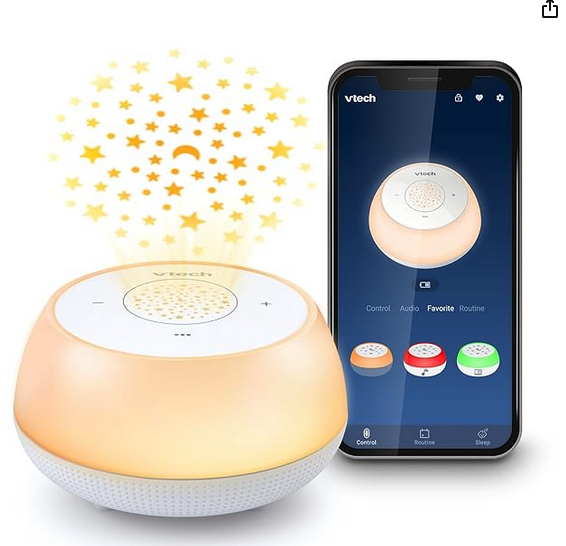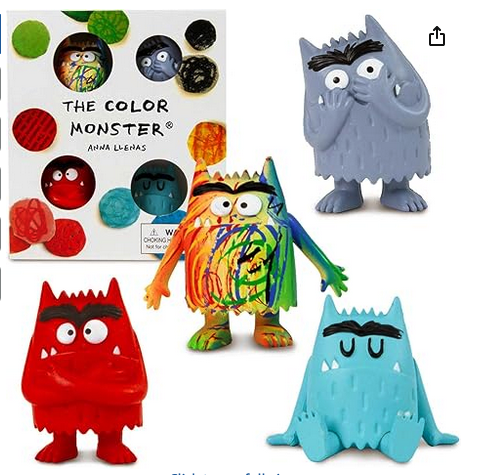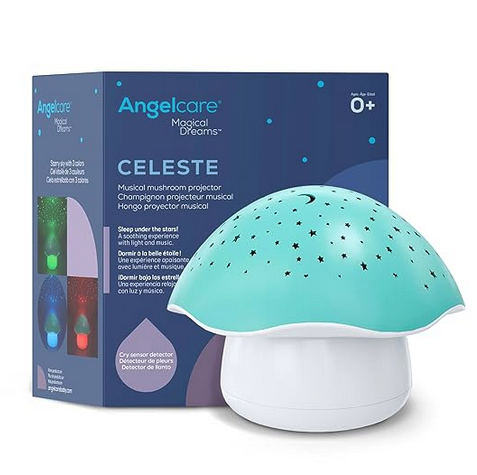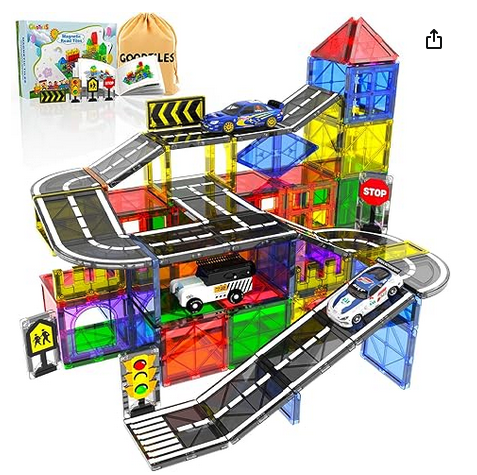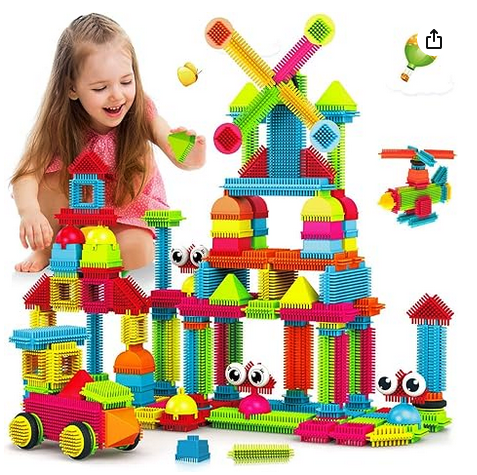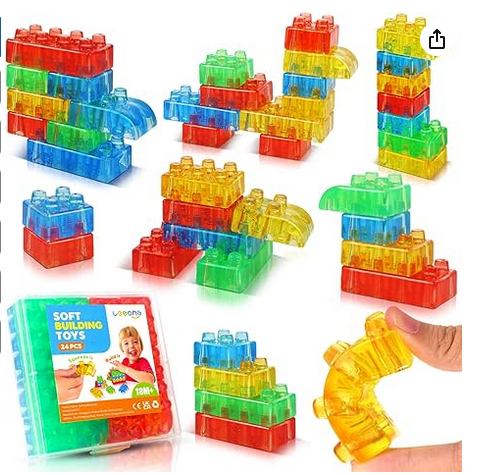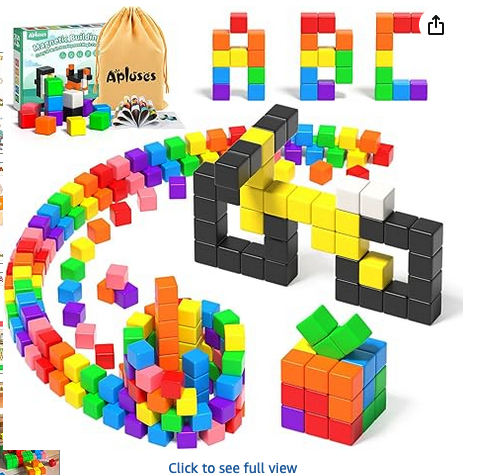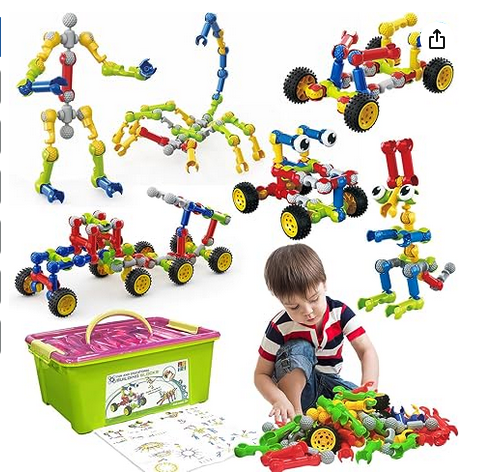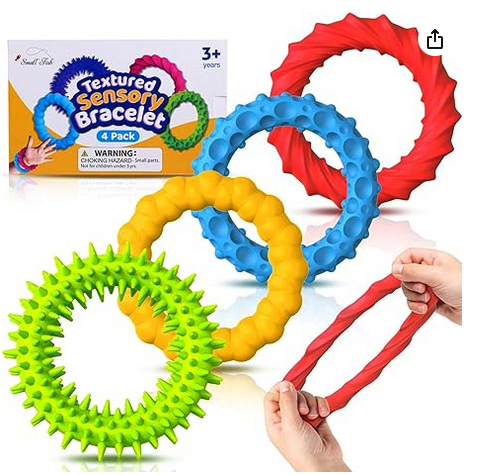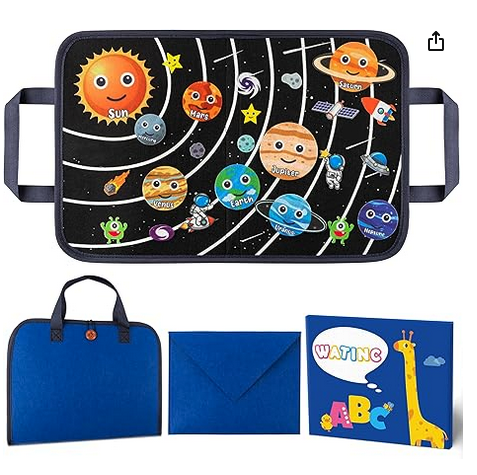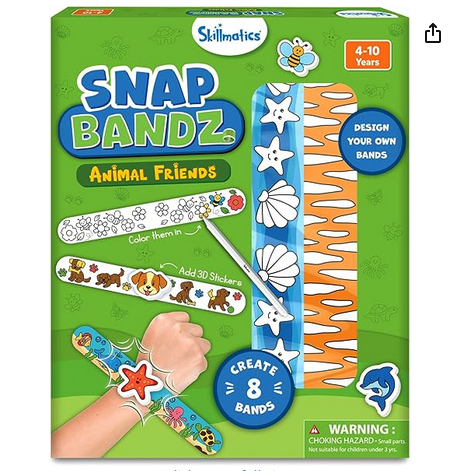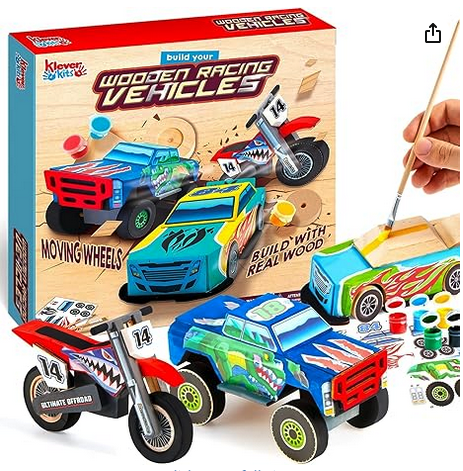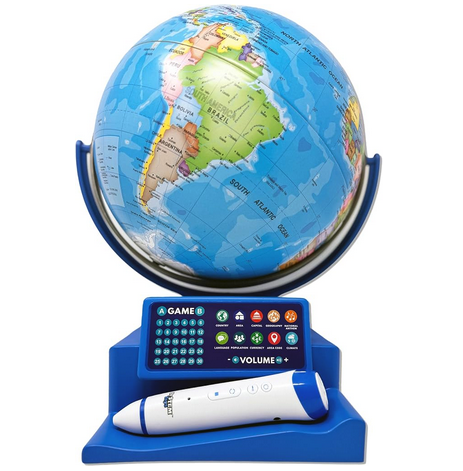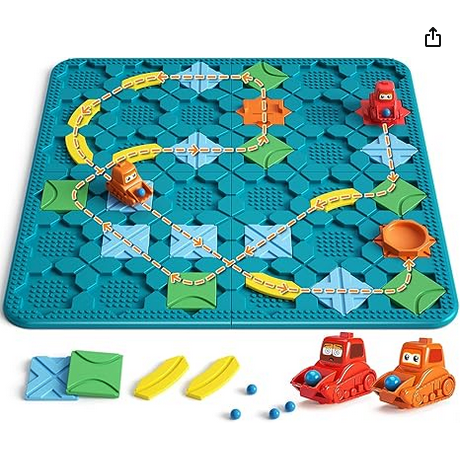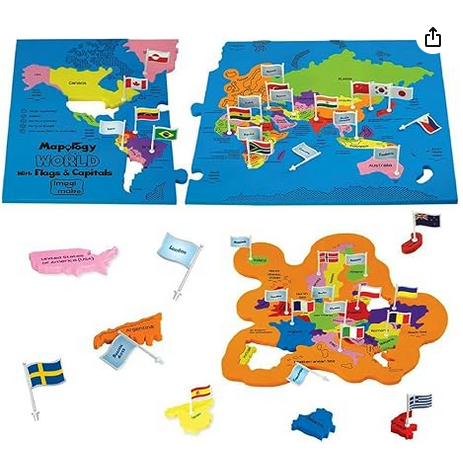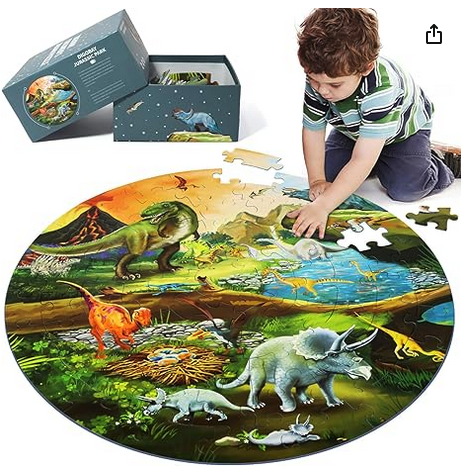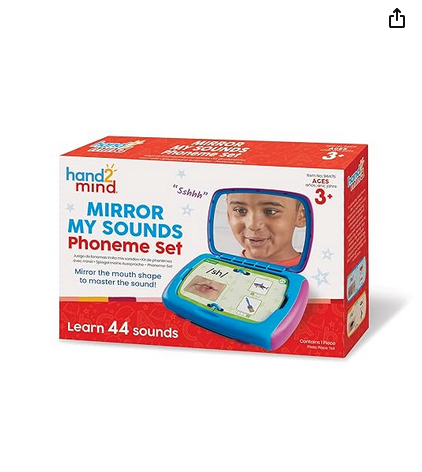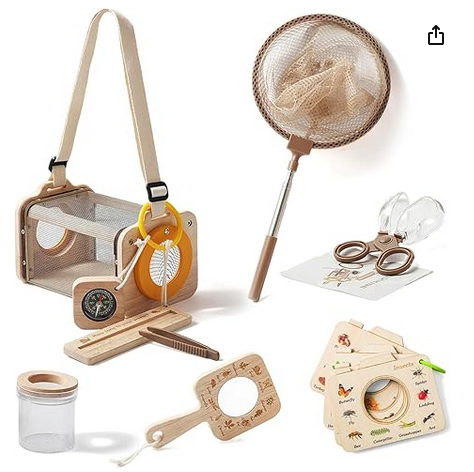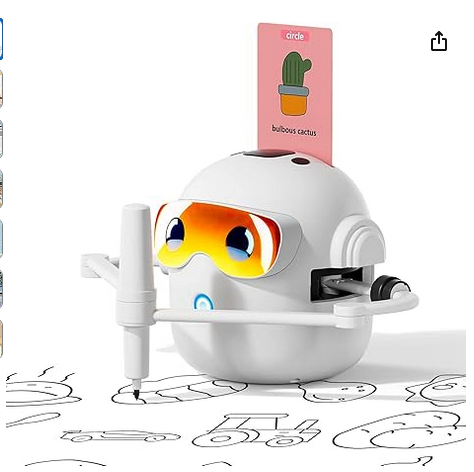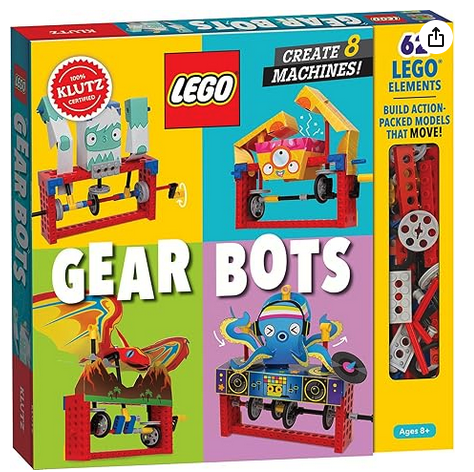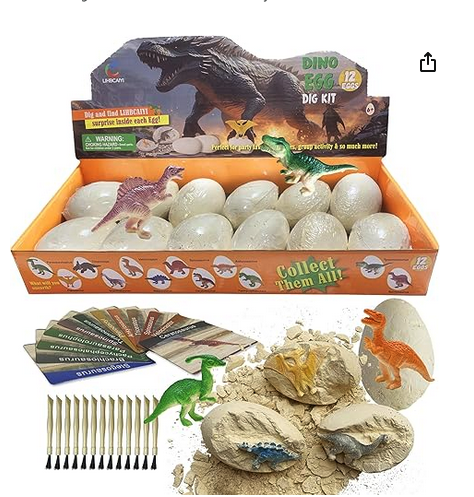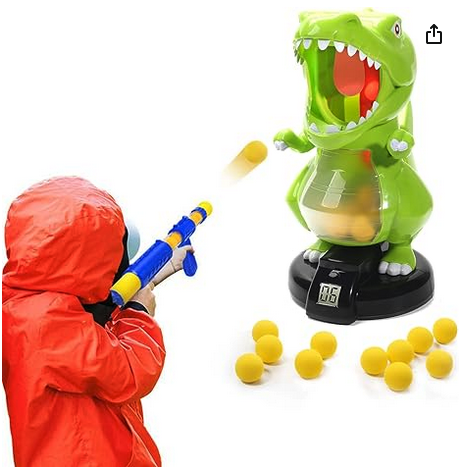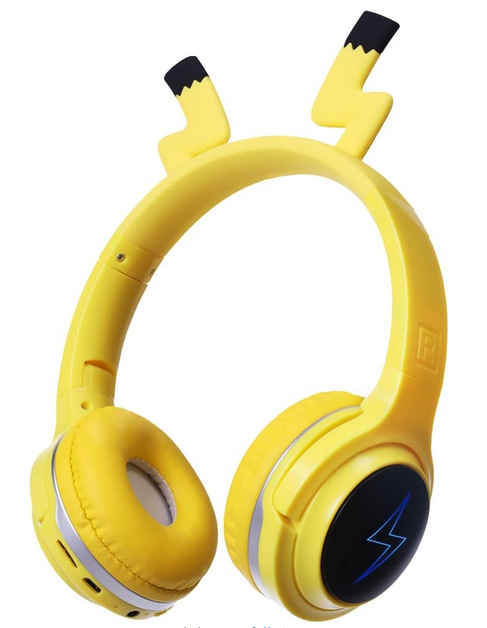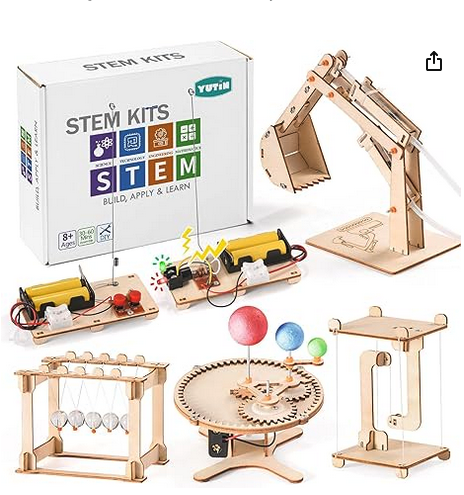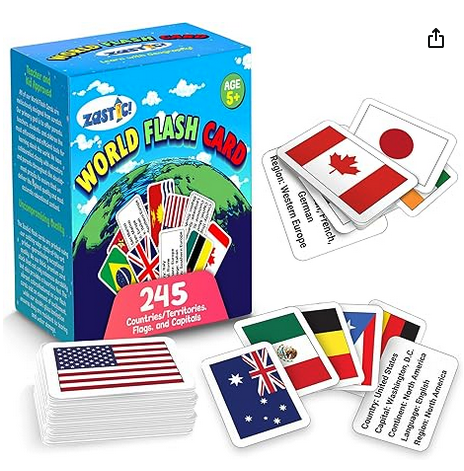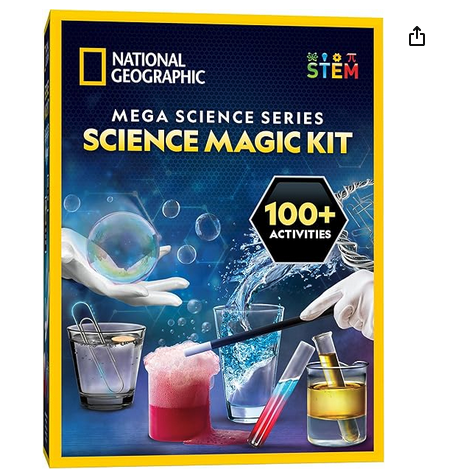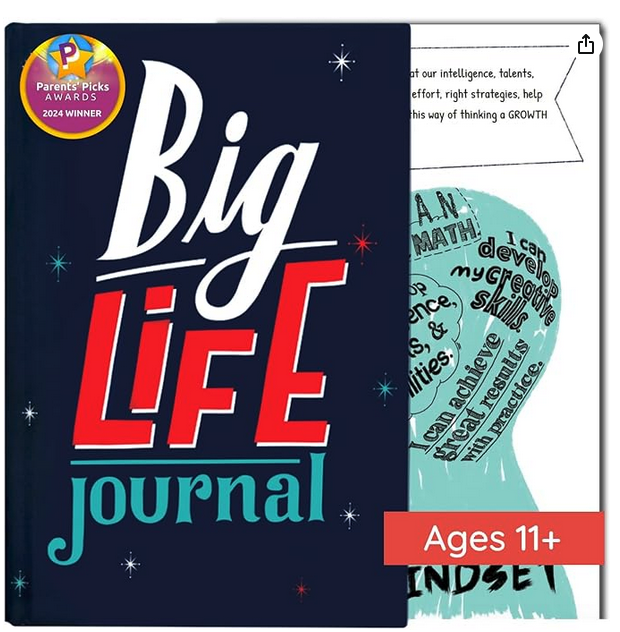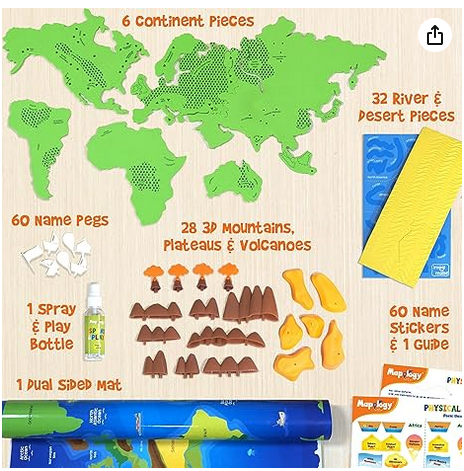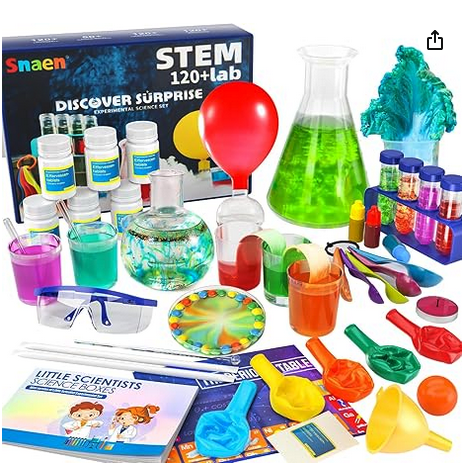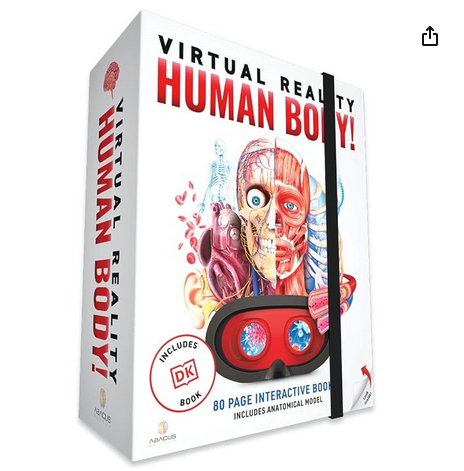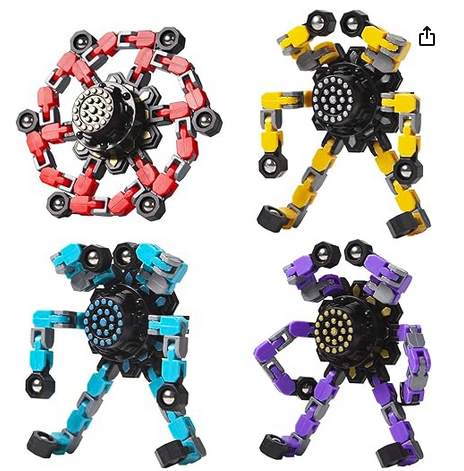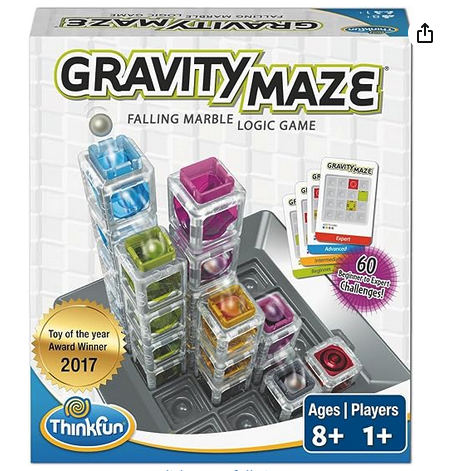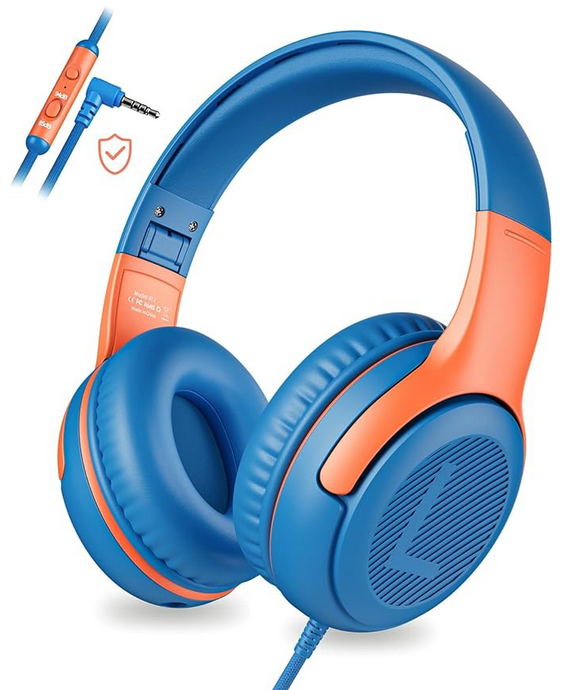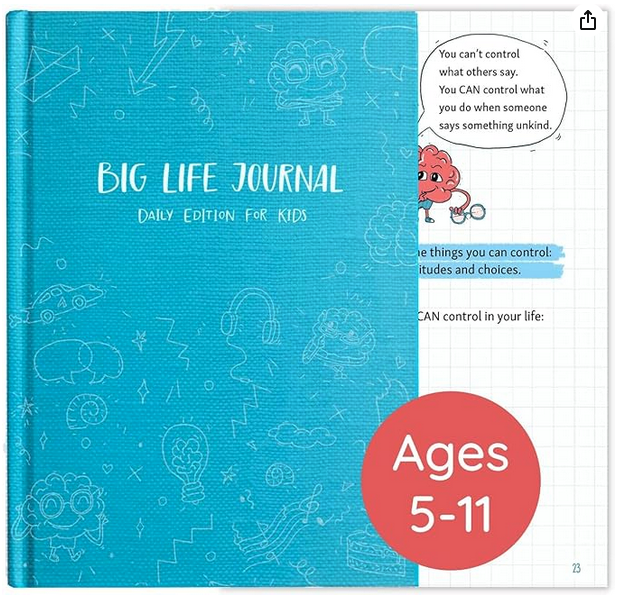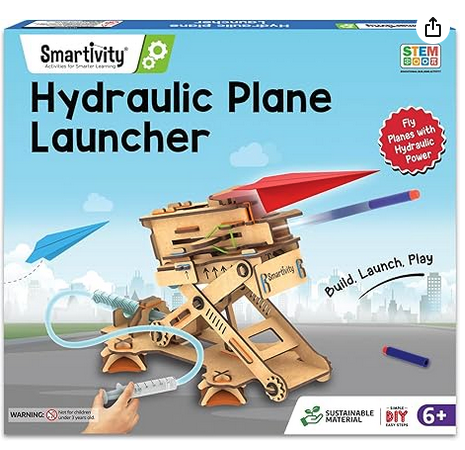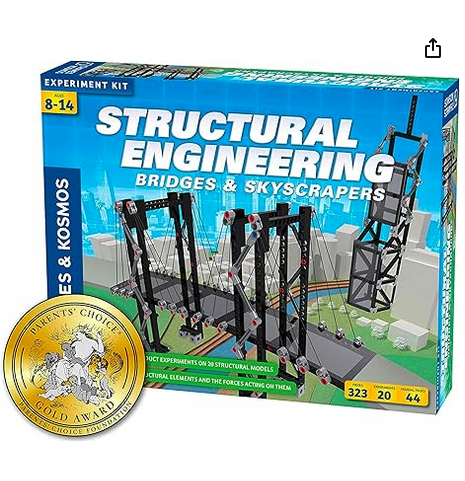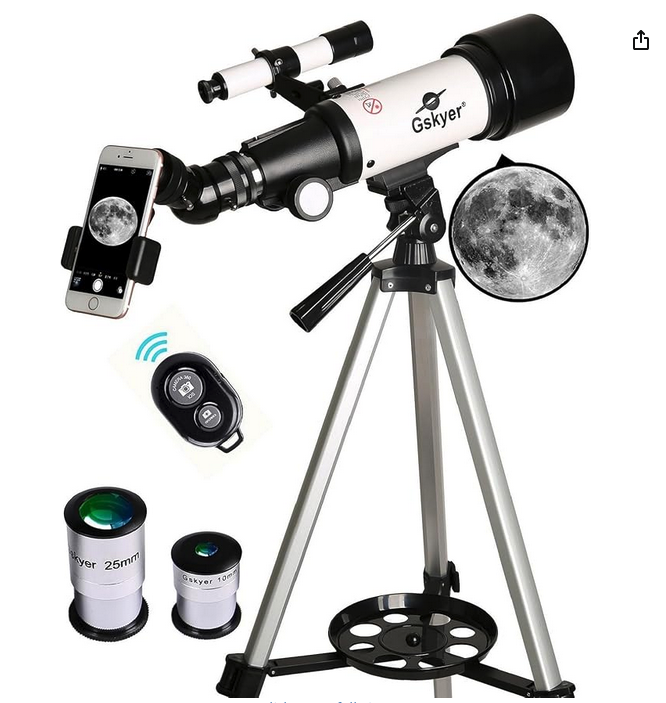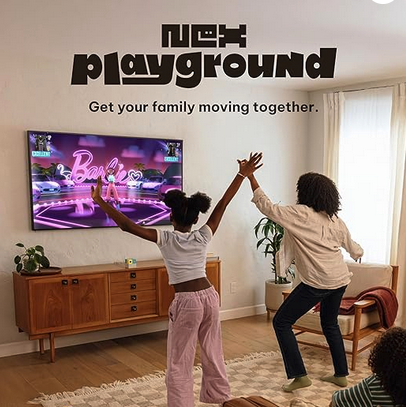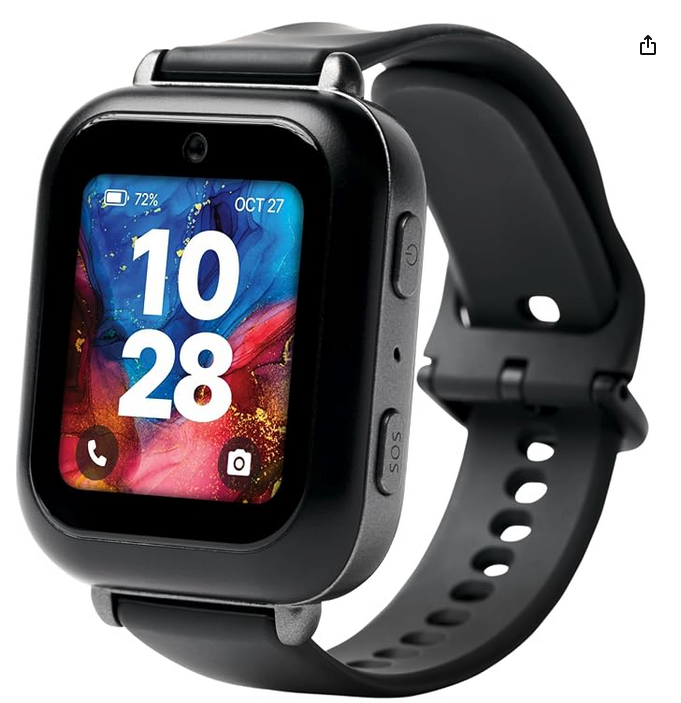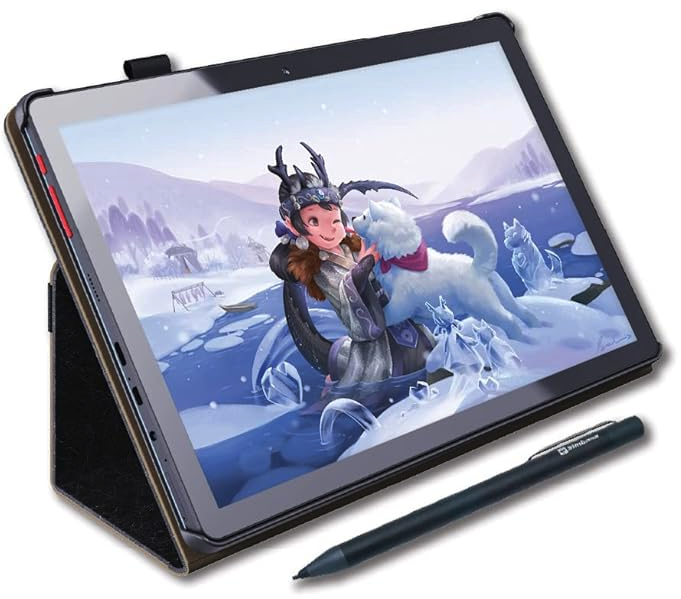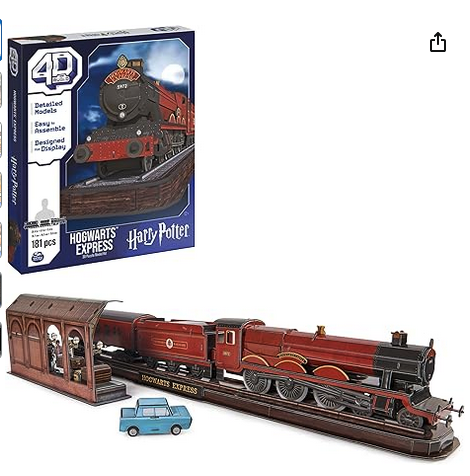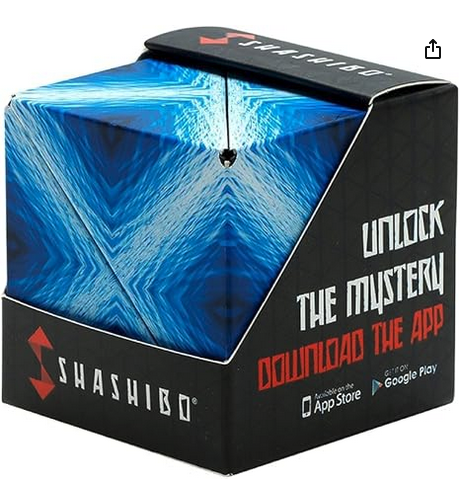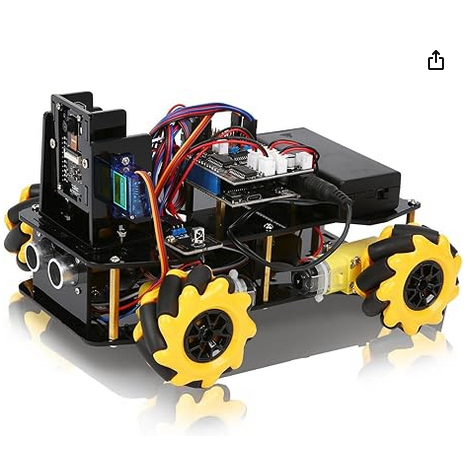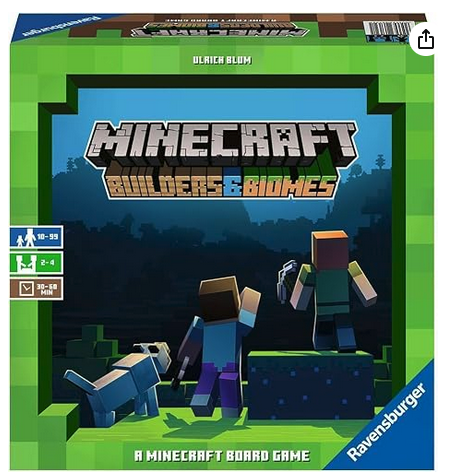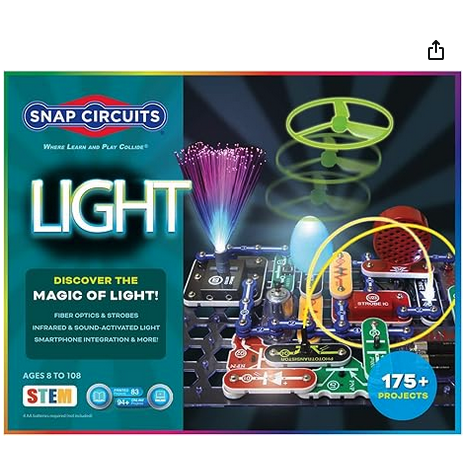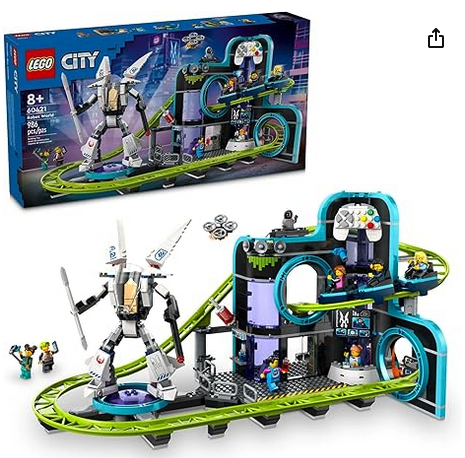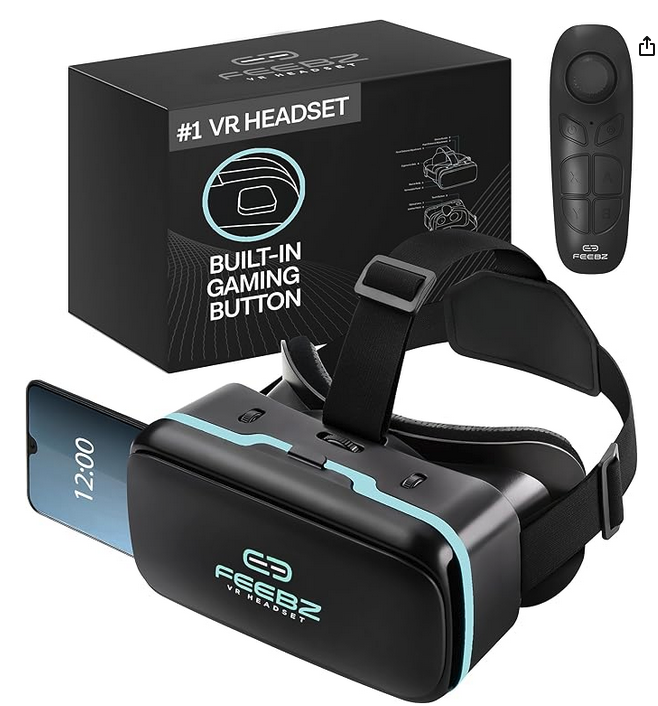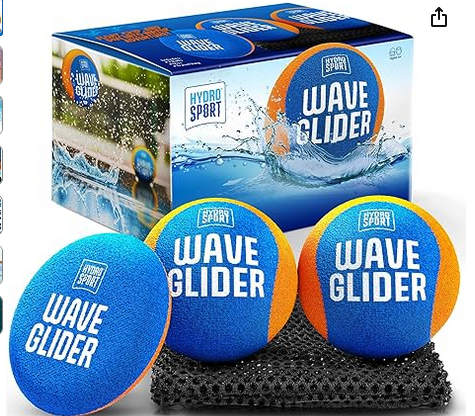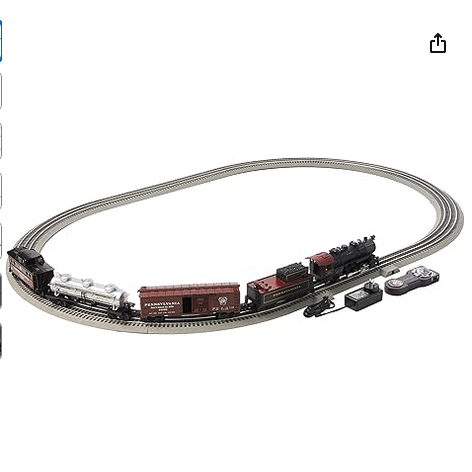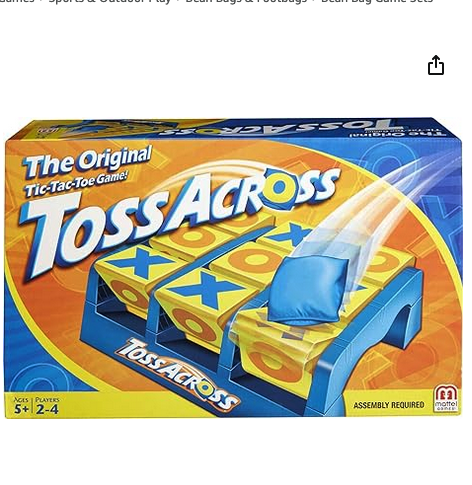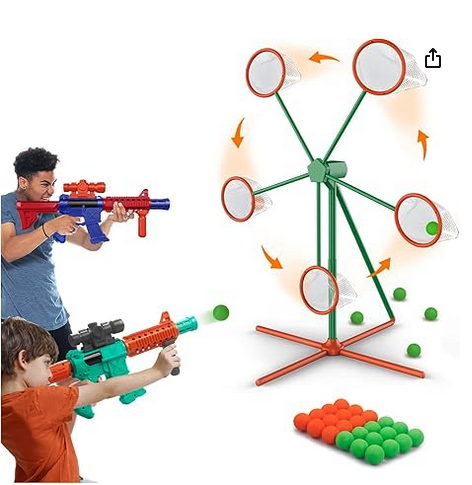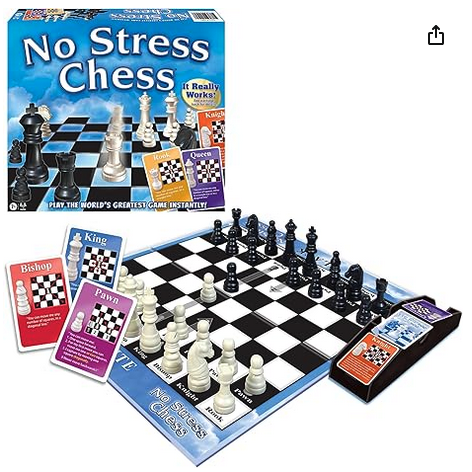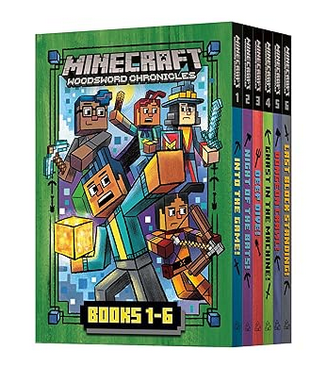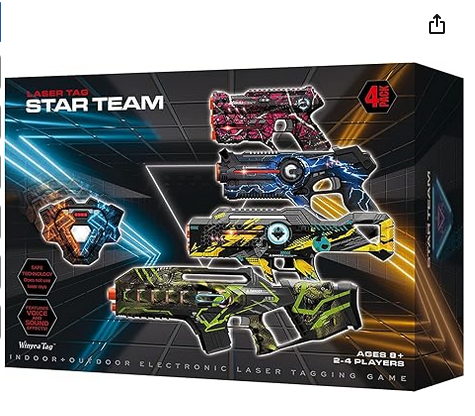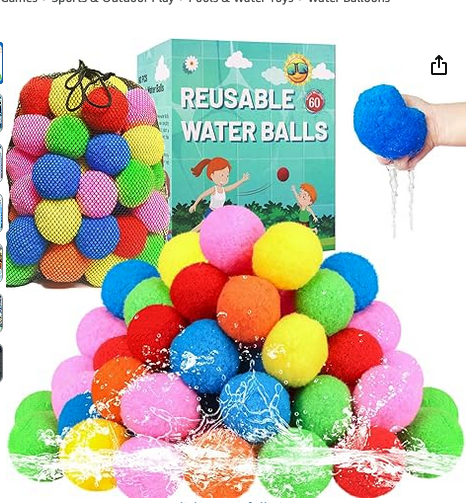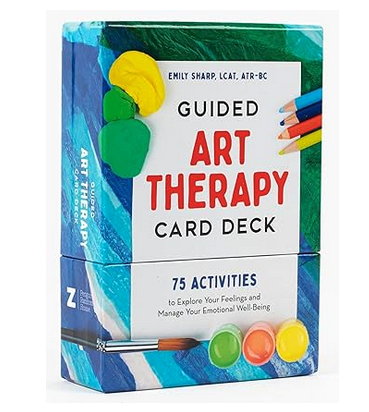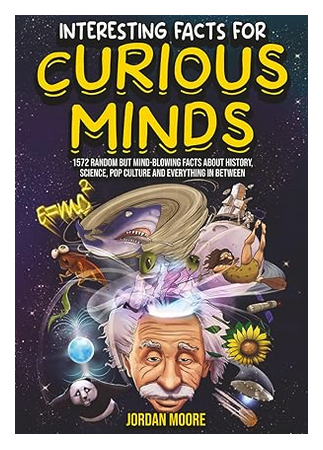Discover thoughtful presents that celebrate joy, creativity, and sensory exploration. From cozy comfort items to educational games, each gift is selected with autistic children’s unique needs and interests in mind, perfect for birthdays, holidays, or everyday encouragement.
Newborn to ~ 3 years
In this earliest stage the child is discovering the world through touch, sound and motion. Gifts are best when they invite safe exploration (textures, soft surfaces, gentle cause-&-effect) and don’t overwhelm the senses. Consider items that respond to a baby’s actions (a gentle light, a soft vibration, a squeak) while being very safe (no small choking-parts, wipeable materials). These help lay the foundation for sensory comfort and curiosity. Keep in mind all kids are different and interests may vary.
4 to 6 years
Now the child’s play is becoming more imaginative, but still very sensory-based. They might enjoy building, simple puzzles, role-play, and interacting with others (though perhaps at their own pace). Gifts that combine sensory features with a little structure (e.g., textured blocks, tactile art kits, story-based play) are ideal.
This is a sweet spot for blending sensory comfort with creative development.
Also, items that support communication and choice can be very helpful. Keep in mind all kids are different and interests may vary.
7 to 9 years
Here the child is more capable of understanding rules, sequence, more complex play, maybe liking special interests. Gifts that aren’t just “toy” but “tool for engagement” work well: something to focus on, create, solve, or express. This could be STEM kits with sensory feedback, fidgets or tools to regulate sensory input, creative sets with fine-motor focus, or things tied to special interests. Also value social play, but always optional and sensory-safe. Keep in mind all kids are different and interests may vary.
10 to 12 years
Pre-teen years are great for gifts that reflect more autonomy, more interest specificity, more complexity—but still anchored in sensory-safe form. Think of ergonomic items (headphones for sound sensitivity), weighted or pressure tools (for calm), creative outlets (digital art, building) and things that link to their emerging identity (favorite themes, hobbies). Gifts that respect their sensory profile and let them say “this is me” can really resonate.Keep in mind all kids are different and interests may vary.
13 to 15 years
Teen years bring greater self-awareness, more peer/social awareness, greater independence and more defined interests. Gifts here can be “grown-up,” but still consider the sensory and regulation needs that many autistic teens have (deep-pressure items, noise-control devices, sensory-friendly wearables). Also: experiences (subscription, membership, tool for a hobby) can matter. The aim is to support the teen’s identity, empower choice, and allow self-regulation in a world that often overwhelms. Keep in mind all kids are different and interests may vary.
16 + years
At this stage, gifts should celebrate independence, self-expression, and comfort in one’s sensory world. Autistic teens and young adults often value items that honor their individuality, support their routines, and reduce the overwhelm of daily life. They may be refining deep interests, art, gaming, technology, design, writing, nature, and gifts that nurture these passions can build confidence and joy.
The focus shifts from “play” to empowerment: tools that help organize thoughts, create calm spaces, or express creativity through music, art, or digital media. Weighted blankets, noise-canceling headphones, art supplies, or customizable planners can bring both comfort and control.
Experiential gifts—like online classes, hobby kits, or sensory-friendly outings, can be especially meaningful, providing growth without forcing social discomfort. Most of all, gifts for this age should quietly say: you’re seen, your needs are valid, and your passions matter.

